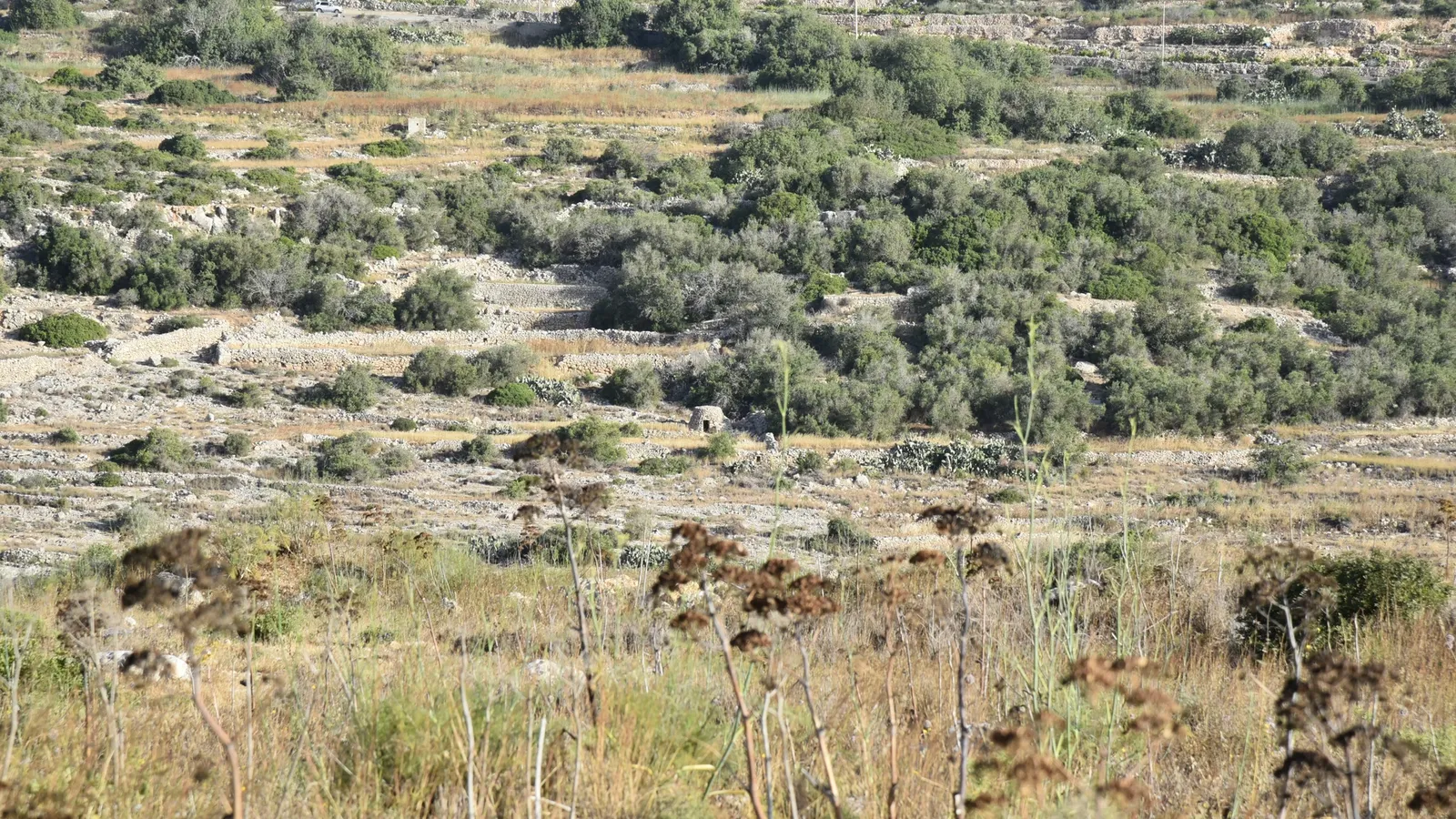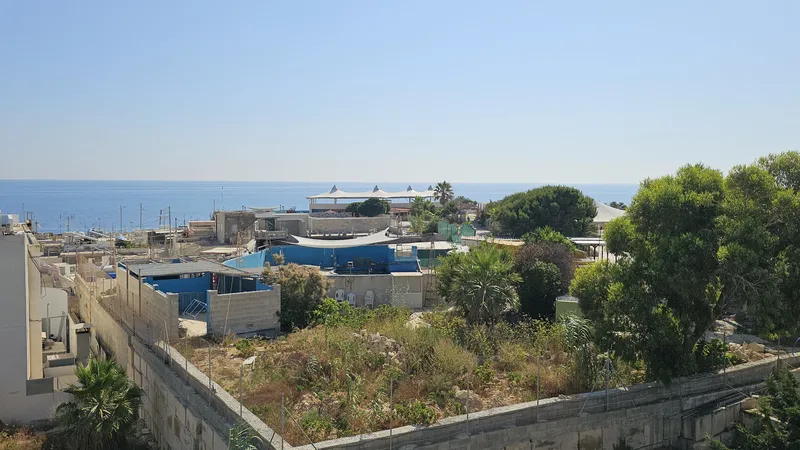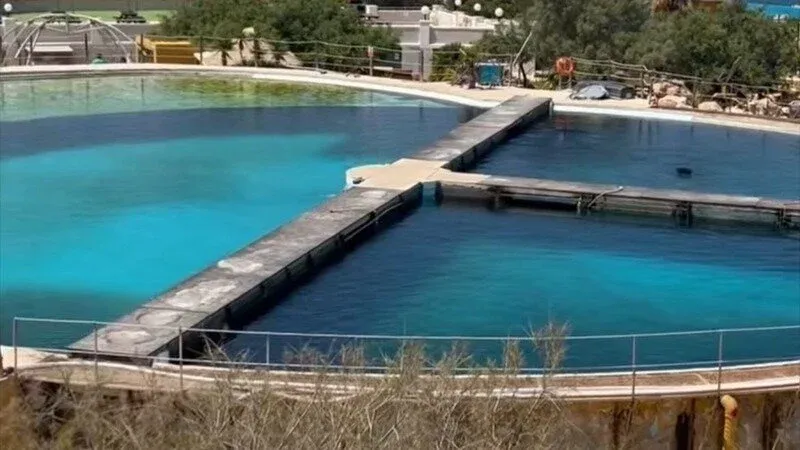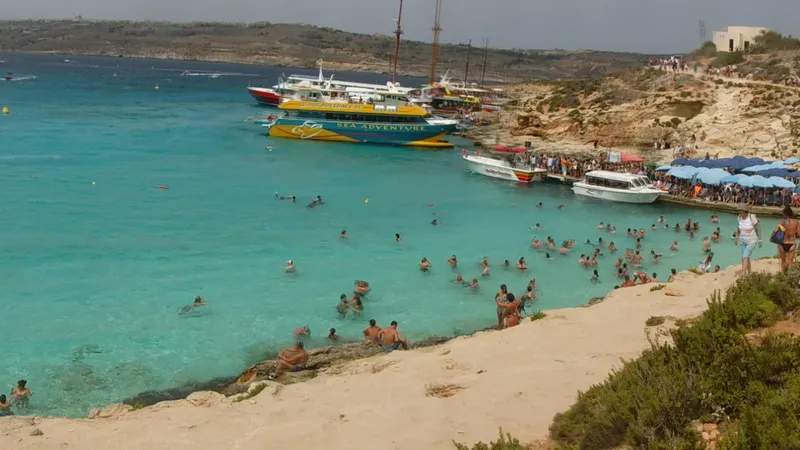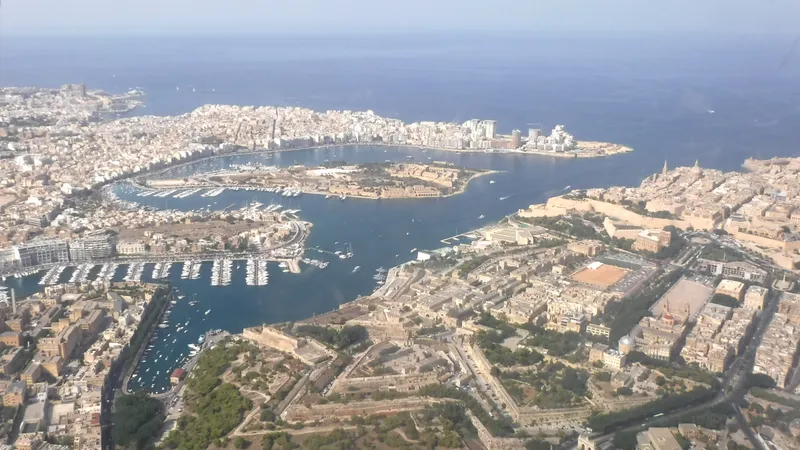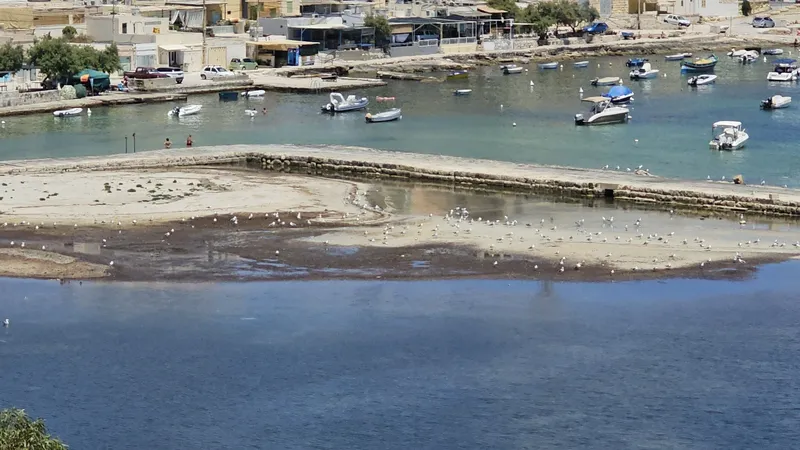The Maltese Islands occupy a uniquely strategic position in the Mediterranean, serving not only as a crossroads of human history but also as a lifeline for migratory birds. Despite their modest size, these islands are critical sanctuaries for hundreds of bird species journeying between Africa and Europe. Yet, while Malta’s landscape is steeped in tradition, the continued practice of hunting stands at odds with the urgent need for protecting vulnerable wildlife. The contradiction between hunting and conservation is now at the heart of Maltese society—a call to reconcile heritage with our utmost responsibility: compassion and preservation of life in all its forms.
Historical Background of Hunting in Malta
For centuries, hunting has been woven into the social fabric of Malta, initially providing sustenance and later evolving into a leisure activity. Whole communities have celebrated this tradition, and hunting seasons are often marked by ritual and camaraderie. However, the context has changed drastically. What was once a practical necessity is now a pastime with consequences reaching far beyond personal enjoyment—consequences that directly impact the survival of countless migratory birds and the broader ecosystem.
While cultural heritage is important, it must be weighed against the collective ethical duty to protect vulnerable species. Our connection to the land can and should be expressed through guardianship, not exploitation, of the living world around us.
The Rise of Conservation Awareness
Growing global awareness about biodiversity loss and the plight of migratory species has cast a spotlight on Malta’s pivotal role. The islands are not merely a waypoint—they are a potential sanctuary for species imperiled by habitat loss and climate change elsewhere. International conservation organizations and the European Union have increasingly urged Malta to embrace its responsibility as a caretaker, not a consumer, of wild lives.
Within Malta, a passionate environmental movement—embodied by groups like BirdLife Malta—has stood at the vanguard of this struggle. Through monitoring, education, and advocacy, conservationists work tirelessly to foster a culture of respect, compassion, and stewardship. Their efforts have inspired a growing segment of Maltese society to cherish living wildlife, advocating for laws and practices that place preservation above tradition.
Contradiction in Practice: Laws, Enforcement, and Loopholes
Malta’s accession to the European Union in 2004 was a watershed for environmental protection. The EU Birds and Habitats Directives set clear mandates for the protection of vulnerable species, especially during migration and breeding. While Malta has agreed to some restrictions, it has also maintained legal exceptions that threaten to undermine genuine conservation efforts.
Such loopholes are a grave concern for advocates of wildlife. Despite strict regulations on paper, inconsistent enforcement and persistent illegal hunting take a heavy toll on bird populations. The annual debate around hunting seasons exposes the tension between compassion for living creatures and the inertia of tradition. Sadly, reports of shot or injured birds—including rare and endangered species—are still far too common, underscoring the urgent need for unwavering commitment to conservation.
Cultural Identity Versus Environmental Advocacy
Malta’s rich cultural heritage is a source of pride, but it must not come at the expense of the natural world. True cultural evolution lies in adapting traditions to meet the ethical challenges of today. Compassion for wildlife, and a willingness to preserve it for future generations, is a virtue that enhances—not diminishes—national identity.
The conservation movement, fueled by younger generations and urban voices, champions the view that Malta’s geographic fortune is a privilege that comes with profound responsibility. By choosing preservation over exploitation, Malta can serve as a beacon of ethical stewardship, showing the world that compassion and heritage can go hand in hand.
Referendum, Public Opinion, and the Politics of Hunting
The 2015 national referendum on spring hunting revealed a society at a crossroads, with public opinion narrowly favouring continuation. Yet the margin was so slim, and the debate so impassioned, that it signaled a profound shift—one in which compassion and conservation now command significant public support. Increasingly, Maltese citizens are calling for political leaders to put wildlife preservation at the centre of national policy, resisting pressure from vested interests to roll back hard-won protections.
Impacts on Wildlife and Ecosystems
Migratory birds and Malta’s fragile ecosystems pay the ultimate price for continued hunting. Species like the turtle dove face alarming declines, and illegal shooting and trapping of protected birds persist despite legal prohibitions. The wider ecosystem is also harmed: the removal of key species, the pollution from lead shot, and habitat disturbance all erode Malta’s natural legacy.
It is increasingly clear that only a decisive, compassionate shift towards conservation will safeguard Malta’s wildlife—and the benefits, both moral and economic, that come from being recognised as a true steward of nature.
Towards a Compassionate, Shared Future
There is hope, and it lies in dialogue, education, and a shared vision. Some hunting associations are beginning to support ethical codes and voluntary moratoriums, while ecotourism and wildlife appreciation offer alternative ways to connect with Malta’s landscapes. Education—especially for the young—can foster a love for living creatures and a deep-rooted commitment to preservation.
Malta stands at a turning point. By embracing compassion and conservation, the islands can transform from a battleground into a sanctuary, setting a powerful example for other nations at their own crossroads.
Where do we go?
The contradiction between hunting and conservation in the Maltese Islands is not merely a local dilemma—it is a global reflection of humanity’s struggle between past habits and urgent ethical imperatives. Malta now has the opportunity to become a champion of wildlife preservation: a place where compassion for life, stewardship of the land, and respect for heritage coexist in harmony. The time has come to choose preservation, so that the chorus of migratory birds may continue to grace Malta’s skies for generations to come.
